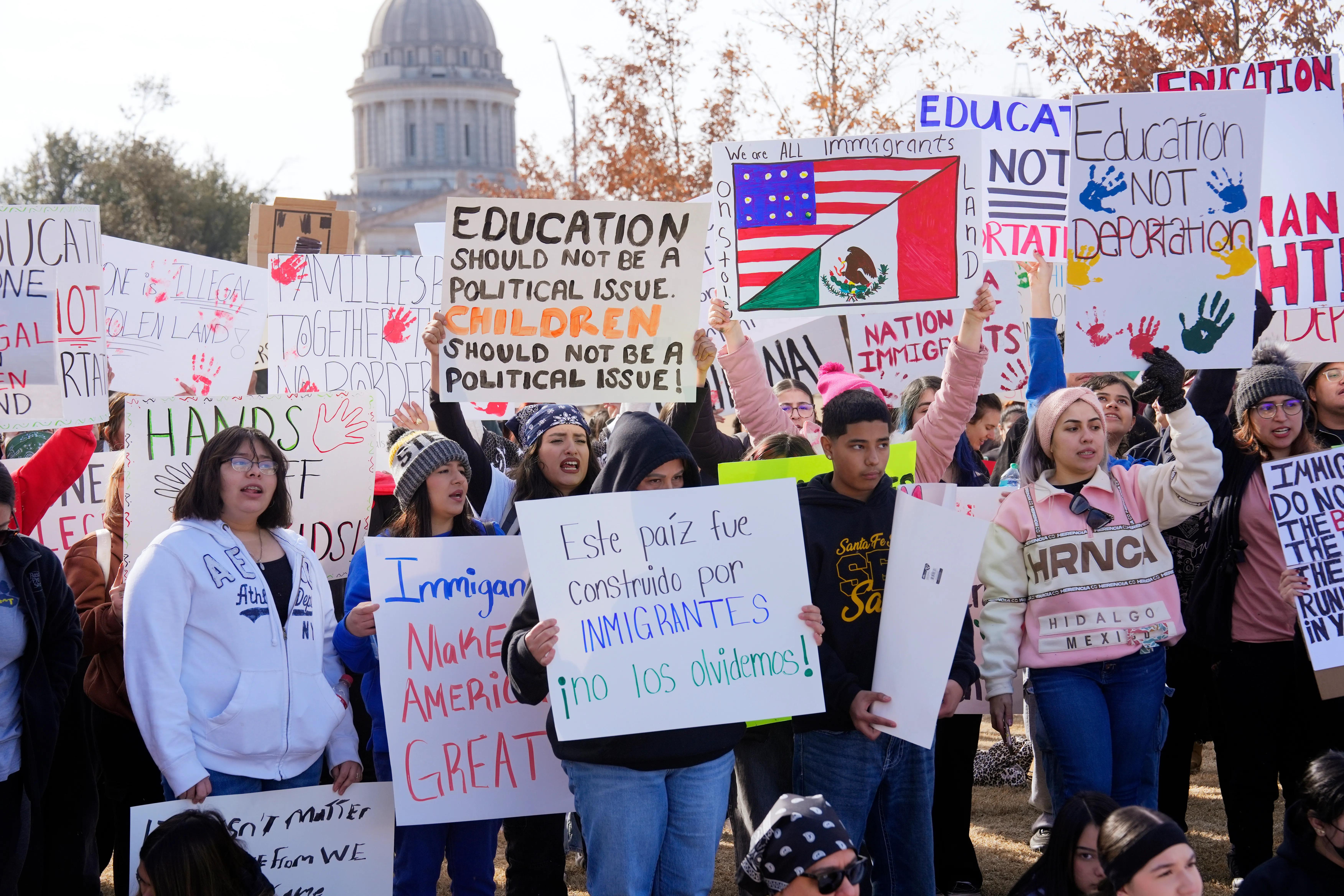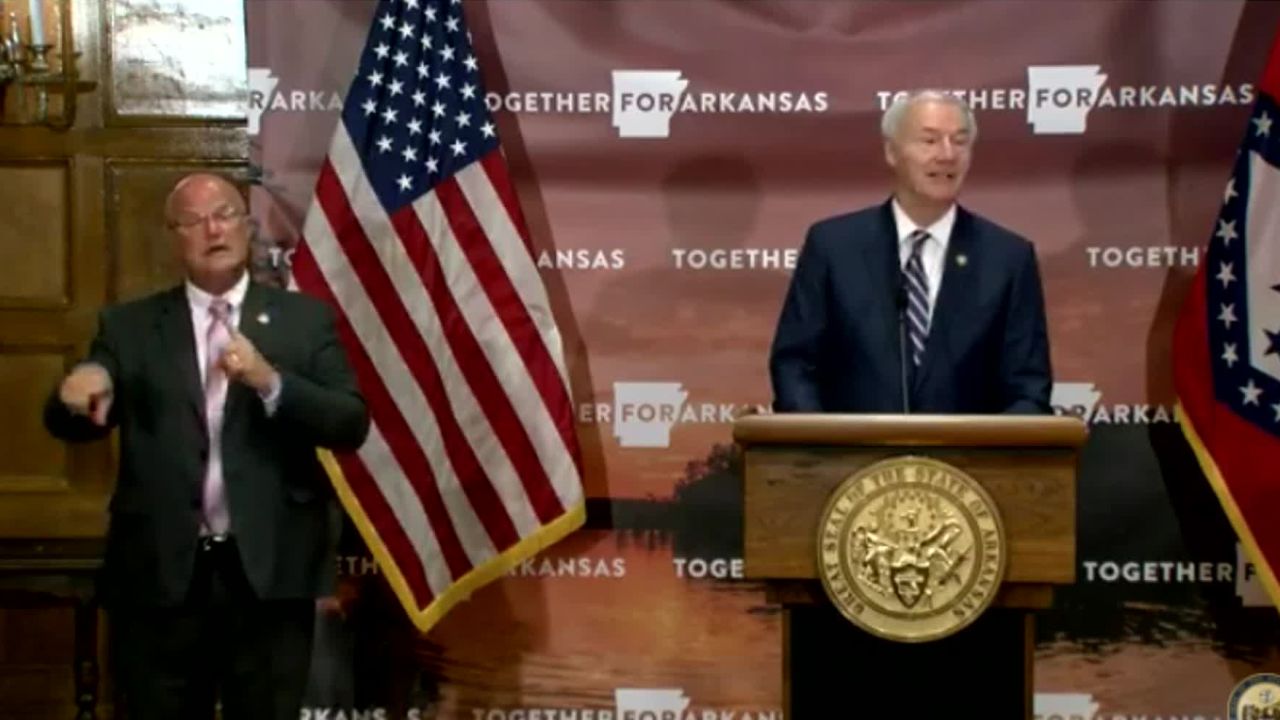In the northwest corner of Arkansas, a growing paradox unfolds. The state’s poultry industry, a key pillar of the local economy, has flourished since the 1980s thanks to the influx of immigrants, primarily from Mexico. Yet, the human cost of this labor force is often overshadowed by economic success narratives. As the poultry sector booms, many human rights activists and advocates argue that the treatment of immigrant workers is a blatant violation of their rights, raising critical questions about justice and equity.
Immigrants Fueling Economic Growth
According to a report by the USDA, the poultry industry in Arkansas has become one of the largest in the nation, with immigrants playing an indispensable role in its growth. These workers have filled jobs that many local citizens shy away from, contributing to a labor force that is vital to the state’s economic health. The economic contributions of immigrants are not merely anecdotal; they are supported by data which indicates that an increase in immigration can bolster federal revenues and reduce deficits by approximately $0.9 trillion over the next decade, according to the Congressional Budget Office.
Voices of Resistance Among Workers
Despite this economic interdependence, many immigrant workers face unjust treatment and systemic exploitation. A recent survey from the Urban Institute highlights the precarious conditions that these workers endure, including long hours, low wages, and a lack of job security. Workers report being subjected to unsafe working conditions and unfair labor practices, raising alarm bells among human rights advocates. The narrative that immigrants are "taking jobs" ignores the reality that they are often put in harm"s way to sustain industries that generate significant profits for their employers.

Hundreds protest Ryan Walters, ICE outside OSBE meeting
Challenging Misconceptions About Immigration
The story of Chris Allred, a local recruiter, underscores the complexity of public opinion on immigration. Allred, who initially viewed immigrants through a lens of skepticism, found his perspective challenged when he fell in love with an undocumented immigrant. His journey reflects a broader national discourse around immigration, where personal experiences can compel individuals to reconsider their preconceived notions. While Allred expresses concern about the economic implications of immigration, experts argue that a comprehensive immigration reform is necessary to maximize benefits for all, as highlighted in an opinion piece in The New York Times.
Policy Implications and Calls for Reform
The disconnect between the economic benefits of immigration and the harsh realities faced by workers calls for a reevaluation of current immigration policies. The CBO"s findings indicate that immigration can play a role in alleviating the national debt crisis by enhancing economic growth, yet policymakers often neglect the human rights dimension of this issue. Instead of criminalizing immigrant workers, there should be a push for policies that protect their rights and ensure fair treatment. Advocates emphasize the importance of creating pathways to legal status that allow immigrants to contribute fully to society without the constant fear of deportation.

August 3 coronavirus news | CNN
The Economic Reality vs. Human Rights Obligations
Ultimately, the success of Arkansas’s poultry industry serves as a microcosm of a larger national dilemma. The juxtaposition of economic growth against the backdrop of human rights violations reveals a troubling truth: the very labor that fuels prosperity is often marked by exploitation. As the state continues to profit from immigrant labor, it must also confront its moral and ethical responsibilities to these workers. The health of an economy should not be measured solely in dollars and cents but also in the dignity and rights afforded to those who contribute to it.

![[Video] Federal officers deploy sting balls and flash grenades at Whipple Building](/_next/image?url=%2Fapi%2Fimage%2Fthumbnails%2Fthumbnail-1768340555229-vhfcc-thumbnail.jpg&w=3840&q=75)
![[Video] Crowd-control weapons used in Minneapolis as anti-ICE protesters attack police vehicle](/_next/image?url=%2Fapi%2Fimage%2Fthumbnails%2Fthumbnail-1768336302231-akxf7s-thumbnail.jpg&w=3840&q=75)

![[Video] Protests erupt in Minneapolis after ICE detains teenager, multiple arrests made](/_next/image?url=%2Fapi%2Fimage%2Fthumbnails%2Fthumbnail-1768331835371-z9ylqg-thumbnail.jpg&w=3840&q=75)


![[Video] Gunfire between Iraqi security forces and Sadr militias in Baghdad](/_next/image?url=%2Fapi%2Fimage%2Fthumbnails%2Fthumbnail-1768343508874-4redb-thumbnail.jpg&w=3840&q=75)
